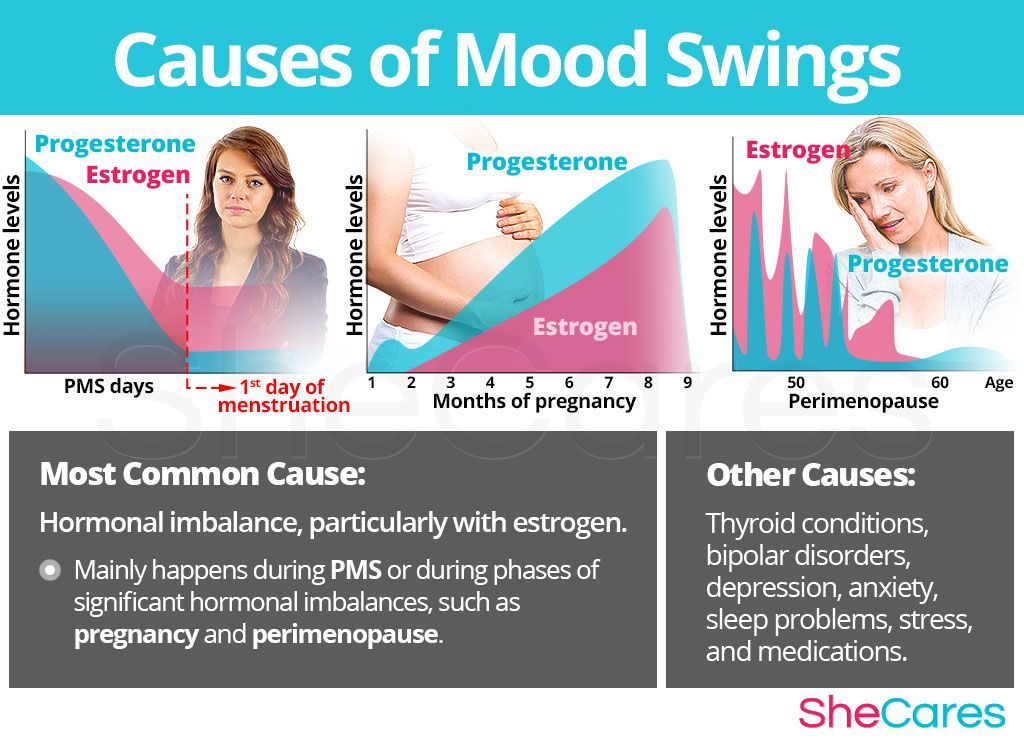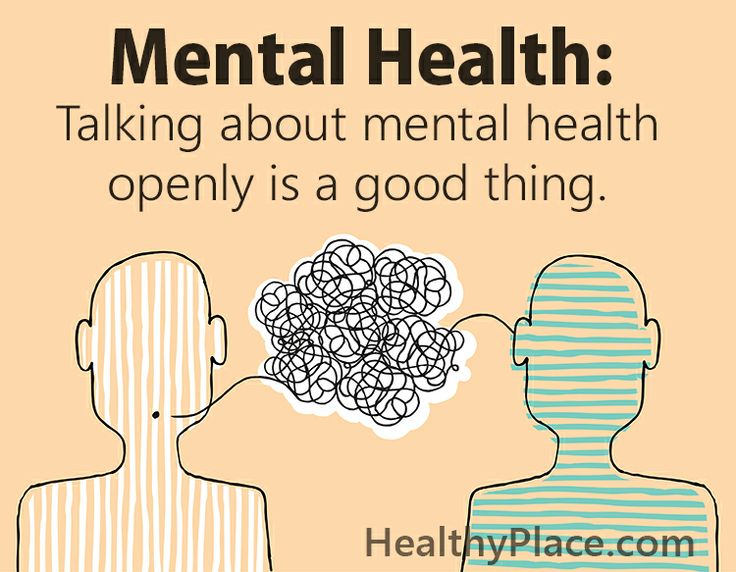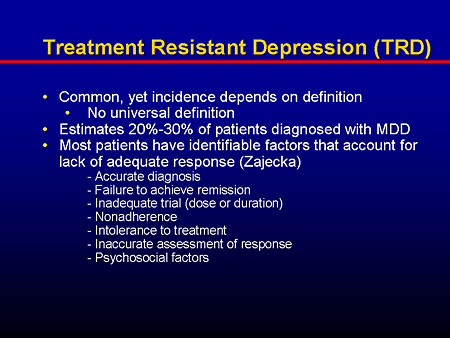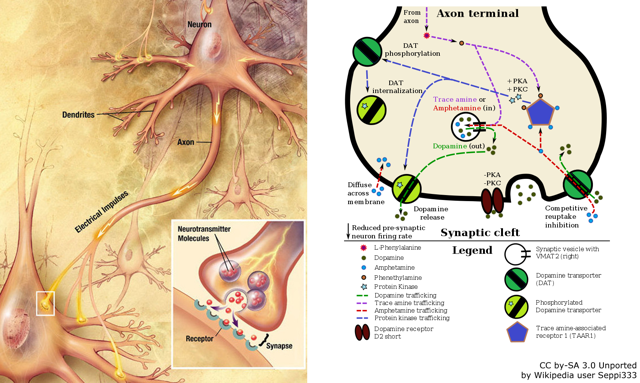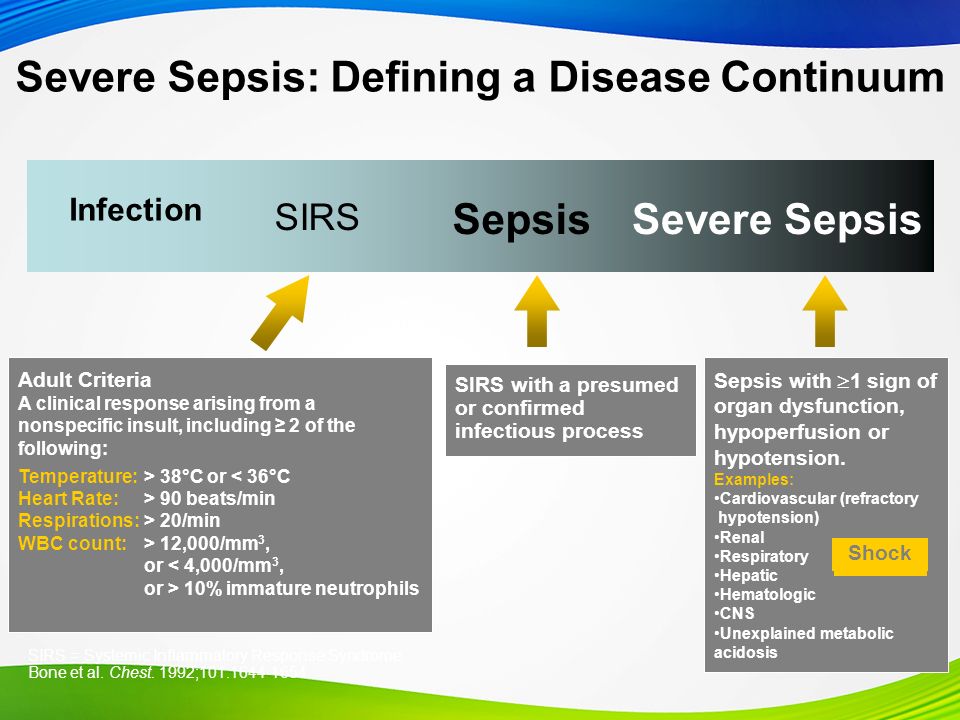What causes irritability and mood swings
What causes irritability? Symptoms, severity, and treatments
When a person feels irritable, small things that would not usually bother them can make them feel annoyed or agitated. The resulting tension can make a person more sensitive to stressful situations.
Irritability is a common emotion. Many factors can cause or contribute to irritability, including life stress, a lack of sleep, low blood sugar levels, and hormonal changes.
Extreme irritability, or feeling irritable for an extended period, can sometimes indicate an underlying condition, such as an infection or diabetes. It may also be a sign of a mental health condition, such as anxiety or depression.
People may experience the following symptoms along with increased irritability:
- confusion or difficulty concentrating
- excessive sweating
- a rapid heartbeat
- fast or shallow breathing
In this article, we look at what can cause irritability in adults and children and provide tips for managing irritability.
Going through a stressful period can make a person feel more irritable than usual.
When someone experiences a stressful life event — which may tie in with work, school, trauma, or grief — they may find it more difficult to manage their emotions and can become overwhelmed. They may feel less tolerant of the people around them.
Feeling overwhelmed by life stress is normal, but prolonged periods of stress can lead to emotional exhaustion. Recognizing the early signs of stress and taking steps to relieve this feeling can help people avoid burnout.
The National Alliance on Mental Illness (NAMI) provide useful tips for coping with life stress.
Depression affects nearly 16 million adults in the United States. It can manifest in a wide range of symptoms and often causes persistent sadness, fatigue, and irritability.
One of the early signs of depression or a depression relapse is stronger feelings of irritability.
Irritability is more likely to be one of the symptoms of depression in men than in women, and it often occurs alongside aggressive feelings, risk-taking, and substance abuse.
The National Institute of Mental Health state that people may have depression if they experience any of the following symptoms for 2 or more weeks:
- feelings of guilt, worthlessness, or hopelessness
- loss of interest in once pleasurable activities
- fatigue
- concentration or memory problems
- headaches
- digestive problems
- sudden changes in appetite or weight
Not everyone experiences every symptom of depression. Symptoms can vary in severity and duration.
Feelings of anxiety often arise in response to stressful situations in life, such as problems at work, preparing for an important exam, or going through significant life changes. This type of anxiety usually goes away once the stressful situation passes.
However, anxiety may linger or worsen over time and can severely affect a person’s daily activities, work performance, and personal relationships.
If a person has excessive anxiety or worry that lasts for 6 months or longer, they may have generalized anxiety disorder (GAD), which affects up to 20% of adults in the U.S. each year.
The symptoms of GAD can occur in other types of anxiety disorder and may include:
- irritability
- a rapid heart rate
- shallow breathing
- muscle tension
- difficulty concentrating or making decisions
- problems falling asleep or staying asleep
People may also experience panic attacks. A panic attack refers to a period of intense fear that develops with little to no warning and peaks within minutes. The exact triggers vary from person to person, and they may not always be apparent.
People who experience panic attacks may find themselves worrying about when the next attack will occur. They might go out of their way to avoid situations, places, or behaviors that could trigger an attack. Thinking about triggers and panic attacks can make a person feel overwhelmed and irritable.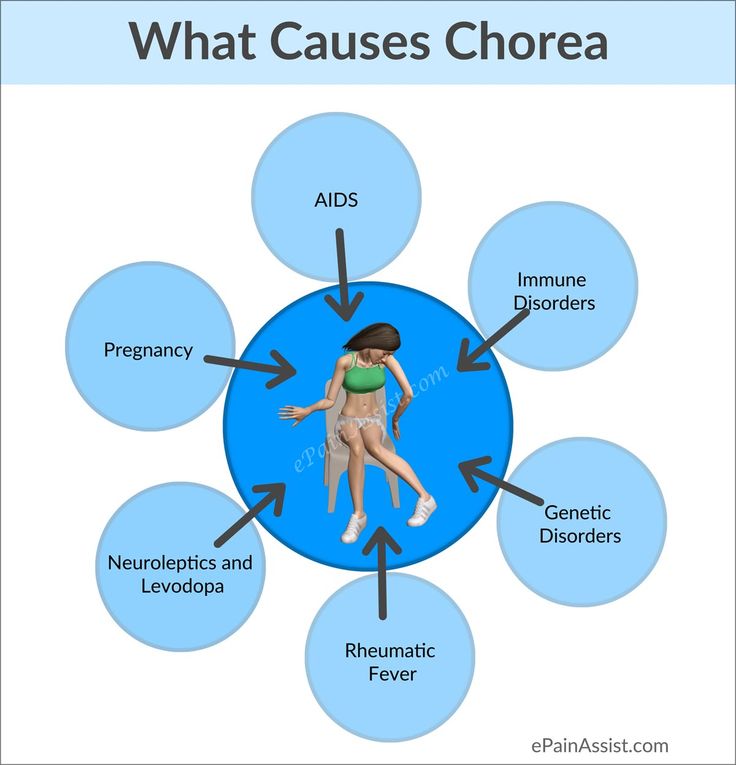
The term phobia describes an intense fear or aversion to a certain object, person, or situation.
Thinking about or having exposure to the phobic situation or item can make a person feel overwhelmed, panicky, and more irritable than usual.
People who have a phobia disorder may feel intense fear or anxiety about:
- flying
- heights
- needles
- blood
- being outside
- social situations
- specific animals, such as dogs or snakes
Share on PinterestA lack of sleep can cause a person to feel irritable the next day.
Not getting enough sleep, or sleep deprivation, can make a person feel irritable the next day. Children are especially likely to be unusually irritable or emotional if they have not had enough good quality sleep.
If a person feels tired all of the time or finds that sleeping does not make them feel refreshed, they may have a sleep disorder that causes them to wake up regularly at night, such as insomnia or sleep apnea.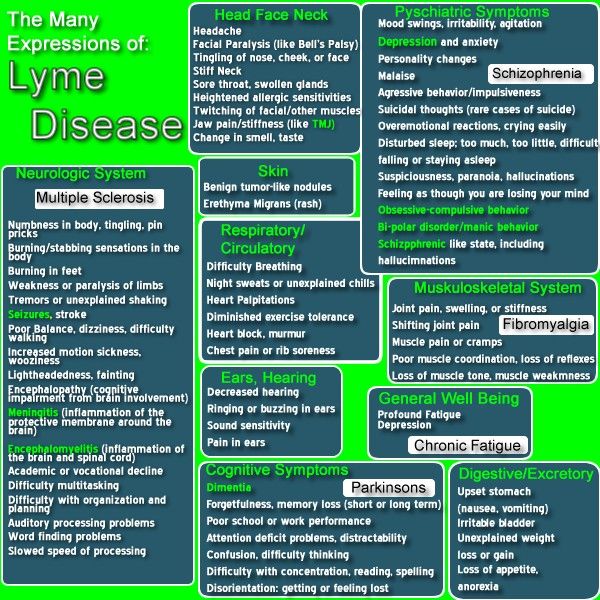
The Centers for Disease Control and Prevention (CDC) state that one in three adults do not get enough sleep. They recommend that adults get at least 7 hours of sleep per night. Teenagers should get 8–10 hours per night, while babies may need up to 16 hours.
Getting enough good quality sleep is important for health. It plays a role in boosting mental performance, concentration, and immune system function, and it also reduces the risk of heart disease and depression.
People can boost their quality of sleep by adopting the following practices to improve their sleep hygiene:
- avoiding eating large meals and drinking caffeine and alcohol before bedtime
- sleeping in a dark, quiet room
- removing electronic devices, such as televisions, computers, and phones from the bedroom
- trying to fall asleep and wake up at the same time every day, including at weekends
- getting regular exercise
Read more tips for better sleep here.
Having low blood sugar, called hypoglycemia, can affect a person’s physical and psychological health.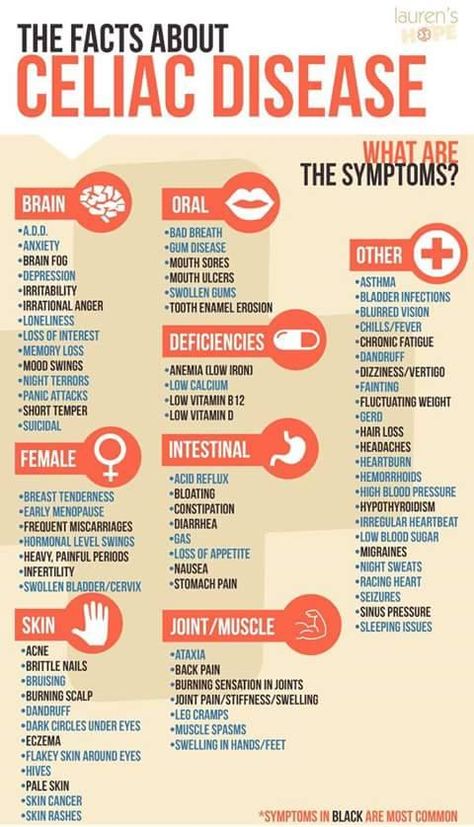 Low blood sugar commonly affects people with diabetes as a result of them using insulin and other diabetes medications.
Low blood sugar commonly affects people with diabetes as a result of them using insulin and other diabetes medications.
However, people with or without diabetes can experience temporary hypoglycemia if they have not eaten for several hours.
The symptoms of hypoglycemia include:
- irritability or nervousness
- difficulty concentrating
- a rapid heartbeat
- trembling
- headaches
- drowsiness
- feeling dizzy or lightheaded
Hypoglycemia can also affect a person’s sleep. People can experience nightmares and excessive sweating throughout the night.
Hormonal imbalances can cause various physical and psychological symptoms, including irritability. High levels of stress, poor nutrition, and inadequate sleep can influence people’s hormones.
Other possible causes of hormonal imbalance include:
- diabetes
- hyperthyroidism
- polycystic ovary syndrome (PCOS)
- menopause
Low levels of testosterone or high levels of estrogen can cause irritability in males.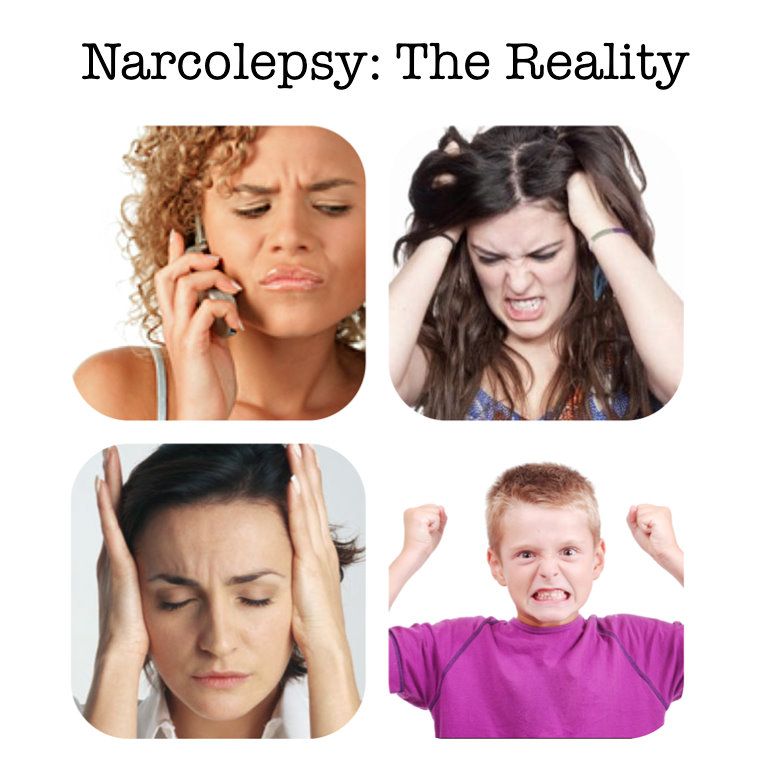
Premenstrual syndrome (PMS) is an example of a common hormonal imbalance that can result in mood swings and irritability.
PMS is very common, with over 90% of people reporting PMS symptoms in the week or fortnight before their period.
Other common symptoms of PMS include:
- headaches
- fatigue
- low mood
- increased anxiety
- crying easily
- food cravings
- abdominal bloating
- tender or swollen breasts
- constipation or diarrhea
If a person experiences severe irritability, depression, or anxiety in the lead up to their period, they may have premenstrual dysphoric disorder (PMDD). This condition affects up to 5% of females of childbearing age. A doctor can provide information on treatment options for PMDD.
Young children go through phases of appearing more or less irritable. These phases are a normal part of development.
Children often seem irritable if they have a viral or bacterial infection.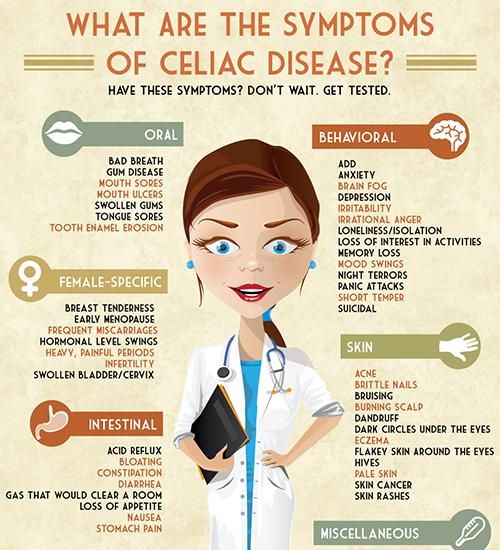 This irritability will usually go away when they feel better.
This irritability will usually go away when they feel better.
In other cases, irritability in children and adolescents can indicate a mood or behavior disorder, such as:
- anxiety disorder
- attention deficit hyperactivity disorder (ADHD)
- oppositional defiant disorder (ODD)
- depression
Mood and behavior disorders are relatively common. According to a 2019 study on mood and behavior disorders in children aged 3–17 years:
- 7.4% have a behavior or conduct disorder
- 7.1% have anxiety
- 3.2% have depression
The causes of irritability in older adults are the same as those in younger adults, although there is an increased likelihood of mood swings, depression, and irritability having an association with physical pain, isolation, loneliness, or an underlying medical condition.
The National Institute on Aging list mood changes, personality changes, and increased agitation as early signs of Alzheimer’s disease, the most common form of dementia.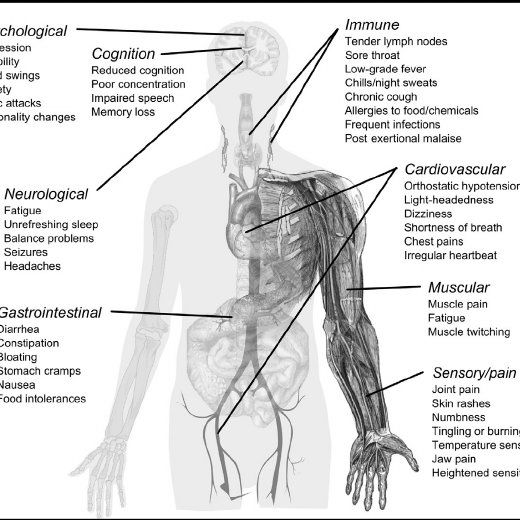
Learn more about the early signs of dementia here.
The treatment options for irritability vary depending on the underlying cause. Effectively treating the cause will relieve feelings of irritability and other related symptoms.
Medications, such as mood stabilizers and antidepressants, can help treat mood disorders. Professional counseling can help reduce mood-related symptoms, such as fear, worry, and irritability.
Treatments for hormonal imbalances include diet and lifestyle changes as well as hormone therapy.
Hormone therapy may not work for everyone, so it is best to consult a trained healthcare professional before starting hormone supplements.
Share on PinterestA person may be able to manage their irritability through regular exercise.
People can manage their irritability in several different ways. Certain methods will work better for some people than others. It is up to the individual to find which coping mechanisms best suit their personality and lifestyle.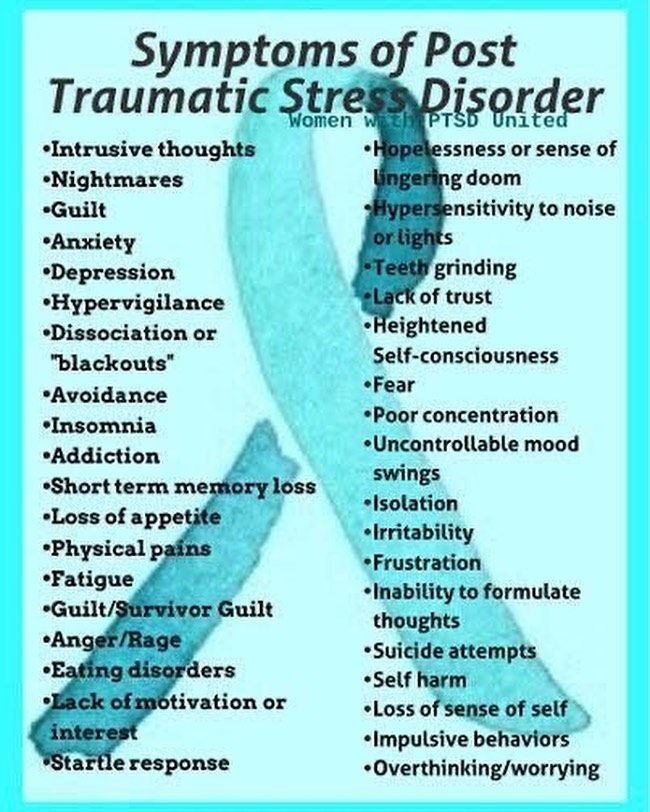
A few general tips for managing irritability include:
- exercising regularly
- eating a balanced diet rich in whole foods, such as fruits and vegetables, and low in processed foods
- maintaining a regular sleep schedule
- practicing slow breathing techniques
- practicing meditation
- speaking with trusted friends and family members
- meeting with a mental health practitioner or counselor
- using a journal to keep track of mood changes and triggers
People can experience periods of irritability in response to stressful situations. Persistent irritability may indicate an underlying physical or psychological disorder, such as:
- depression
- anxiety
- low blood sugar
- hormonal imbalances
Children may appear irritable as a normal part of development. In other cases, irritability may be due to an infection, mood disorder, or behavior disorder, such as ADHD, depression, or anxiety.
Older adults may also experience frequent periods of irritability if they feel isolated or lonely.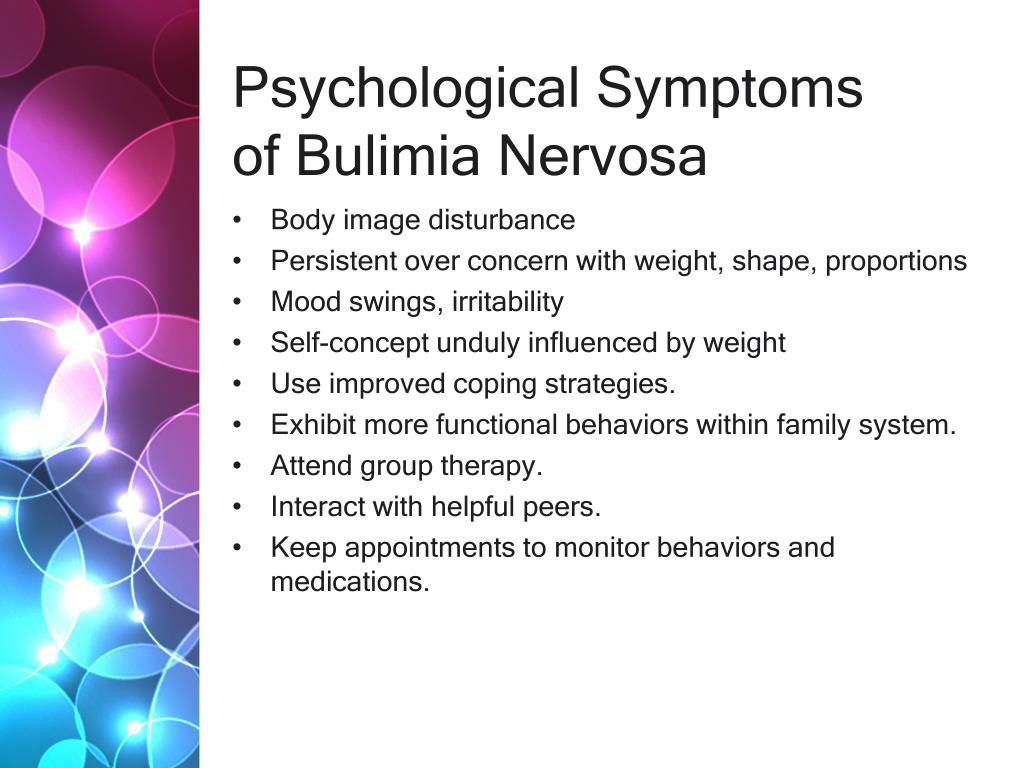 Neurodegenerative diseases, such as Alzheimer’s disease, can cause changes in a person’s mood or personality.
Neurodegenerative diseases, such as Alzheimer’s disease, can cause changes in a person’s mood or personality.
People can speak with a doctor or a trained mental health professional if they feel that they need help managing their irritability.
Causes and When to See Your Doctor
Overview
It’s normal to have days where you feel sad or days when you’re overjoyed. As long as your mood changes don’t interfere with your life to an extreme degree, they’re generally considered to be healthy.
On the other hand, you may have a medical condition if you switch from extremely happy to extremely depressed on a regular basis. If you have serious and frequent shifts in mood, you should tell your doctor about them. They can discuss the possible reasons for why you’re experiencing them.
Some causes of rapid changes in behavior can be related to mental health, hormones, substance use, or other health conditions.
It’s common to experience a change in mood occasionally or to go through a short period of feeling elated or blue.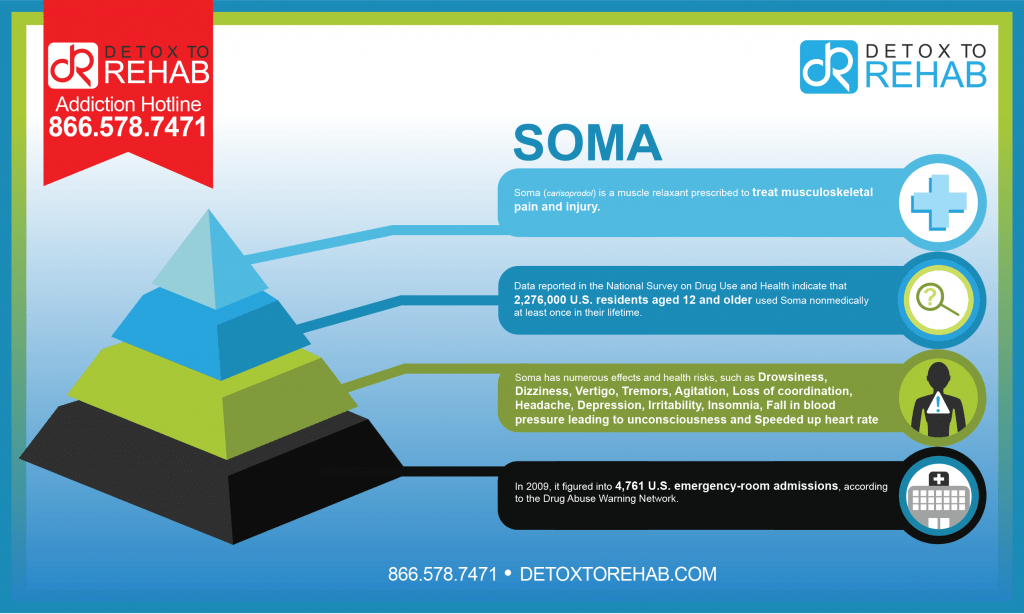 But if your behavior is unpredictable for a number of days or longer, it may be a sign of something more serious.
But if your behavior is unpredictable for a number of days or longer, it may be a sign of something more serious.
You may feel grumpy one minute and happy the next. You may also have emotions that can cause damage to your life.
For example, you may:
- be so excitable that you find yourself unable to control urges to spend money, confront people, or engage in other uncontrollable or risky behaviors
- feel like you want to harm yourself or end your life
- be unable to visit friends, get enough sleep, go to work, or even get out of bed
Patterns of these types of mood shifts may be symptoms of a more serious health condition. You should schedule an appointment with your doctor to discuss your feelings. They can work with you to determine why you feel this way and what you can do to resolve it.
If you’re currently in a crisis, or considering self-harm or suicide, you can call the National Suicide Prevention Lifeline 24/7 at 1-800-273-8255.
In many cases, shifts in mood are a symptom of a more serious health issue. They can occur due to mental health conditions, hormonal changes, or substance use problems, among other things.
They can occur due to mental health conditions, hormonal changes, or substance use problems, among other things.
Mental health conditions
Many mental health conditions can cause severe shifts in mood. They’re often referred to as mood disorders. They include the following:
- Bipolar disorder. If you have bipolar disorder, your emotions range from extremely happy to extremely sad. But changes in mood associated with bipolar disorder generally only occur a few times a year, even in rapid-cycling bipolar disorder.
- Cyclothymic disorder. Cyclothymic disorder, or cyclothymia, is a mild mood disorder similar to bipolar II disorder. In it, you have emotions that go up and down but are less severe than those associated with bipolar disorder.
- Major depressive disorder (MDD). In MDD, you experience extreme sadness for a long period of time. MDD is also sometimes called clinical depression.
- Dysthymia.
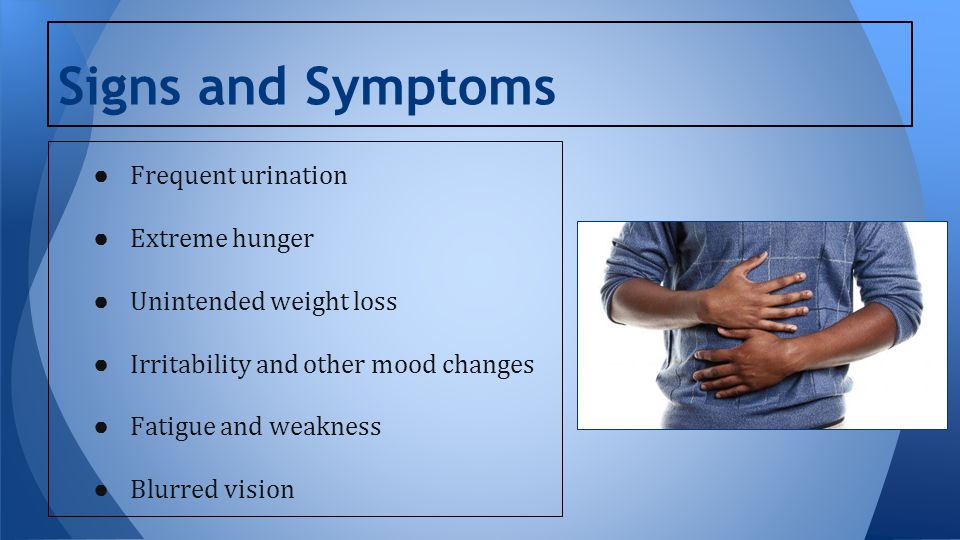 Dysthymia, now called persistent depressive disorder (PDD) is a chronic form of depression.
Dysthymia, now called persistent depressive disorder (PDD) is a chronic form of depression. - Personality disorders. In certain personality disorders, you may experience rapid changes in mood in a relatively short period of time.
- Disruptive mood dysregulation disorder (DMDD). DMDD is typically only diagnosed in children. In it, your child has outbursts that aren’t on target with their developmental stage.
You may also experience extreme changes in mood if you have other mental health conditions, such as schizophrenia and attention deficit hyperactivity disorder (ADHD).
According to a 2011 review, children with sever shifts in mood are often thought to have bipolar disorder but actually have another condition. Your child’s doctor will be able to evaluate your child and help you determine an appropriate treatment plan.
All mental health conditions are manageable with a number of or combination of medications, lifestyle changes, and psychotherapy.
Hormonal conditions
Hormones can also cause shifts in mood. This has to do with hormones affecting the chemistry of the brain. Teens and women who are pregnant, experiencing premenstrual syndrome, or going through menopause may experience shifts in mood due to the hormonal changes associated with this phase of their body’s development.
Shifts in mood can also occur due to more than just hormones. If you experience extreme mood shifts, talk to your doctor about the best treatment plan for you.
Substance use
You may experience significant shifts in mood if you use drugs or drink alcohol. Excessive drug or alcohol use can lead to addiction, which can seriously interfere with your life. Many programs are available to help treat substance use disorders.
Substance use disorders can be hard on both the person with the disorder and loved ones. You may need to help a loved one with their disorder. Their doctor can provide helpful treatment plans to help you get them the help they need.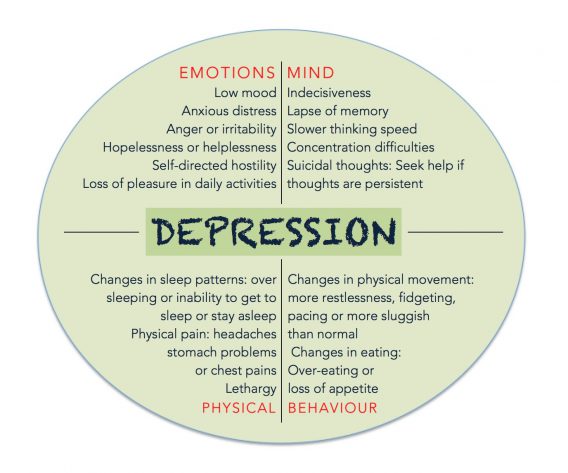 If you’re not sure how to talk to someone with an addiction or substance use disorder, here’s something to think about.
If you’re not sure how to talk to someone with an addiction or substance use disorder, here’s something to think about.
Other health conditions
Other health conditions can cause shifts in mood. This includes conditions affecting your lungs, cardiovascular system, and thyroid. Conditions that affect your central nervous system may also cause shifts in mood.
Common triggers
Regardless of whether your extreme mood changes occur due to an underlying medical condition or another factor, certain things can trigger them. This includes:
- stress
- a significant change in your life
- your diet
- your sleep habits
- medications
If you experience frequent and severe shifts in mood, consult your doctor. It may be helpful for you to note when you have a shift in mood and what you were doing before it happened. This can help your doctor assess whether you were reacting to a lifestyle change or if it’s the result of an underlying issue.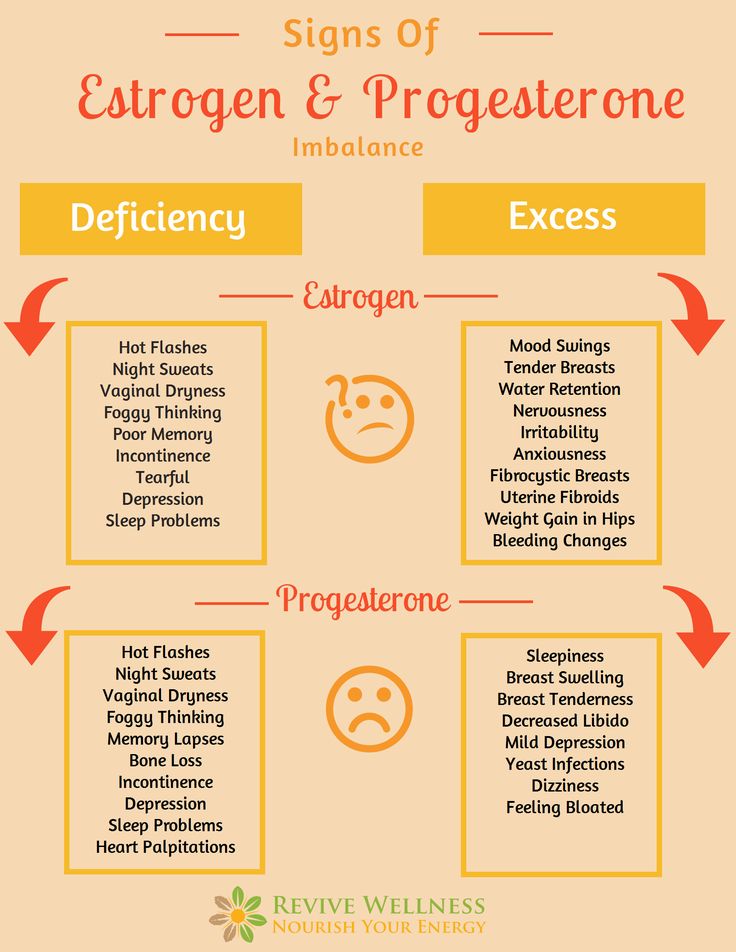
If you’re experiencing severe shifts in mood, or mood changes that cause extreme disruption in typical behavior, you should talk to your doctor. They can help you determine the causes of your shifts in mood and help you find appropriate treatment. You may need professional therapy or medications to relieve these life-altering shifts in mood. Simple lifestyle changes may also help, too.
If your ups and downs aren’t affecting other aspects of your life negatively, you may be able to work through your shifts in mood without medical attention. You might be able to regulate your moods if you do the following:
- Keep a schedule. Try to create a routine for yourself, especially when it comes to eating and sleeping.
- Exercise regularly. Exercising regularly has numerous benefits for nearly all aspects of your health, including mood.
- Get sufficient sleep. A good night’s sleep is important, and sleep deprivation can affect your mood.
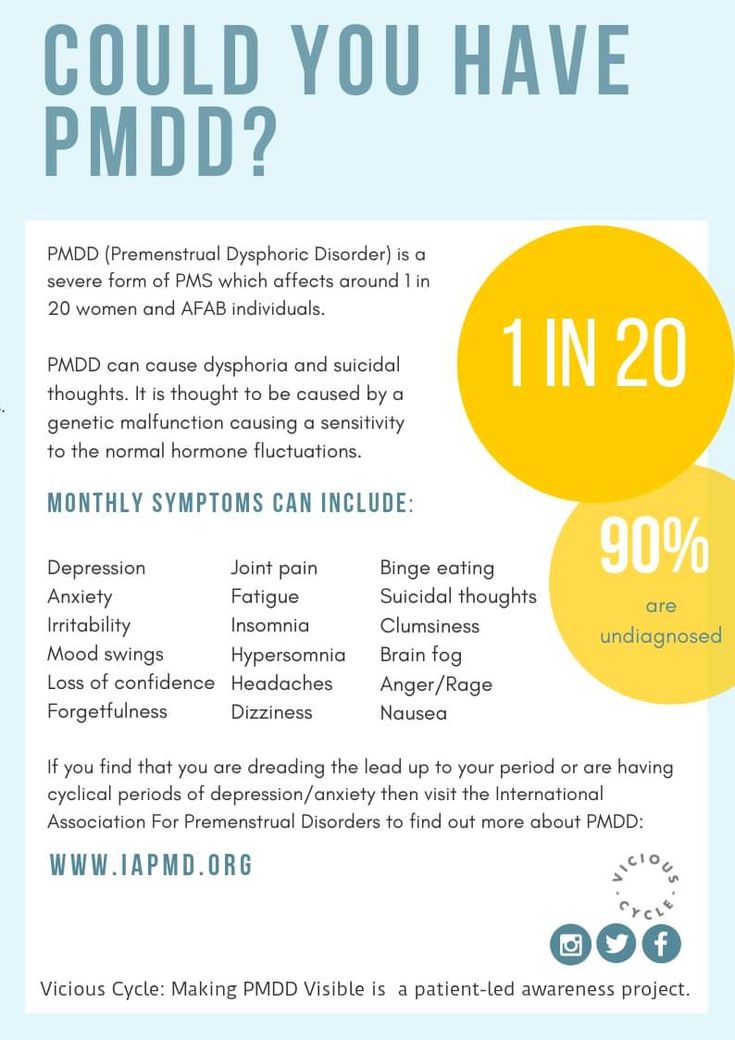
- Eat a healthy diet. A balanced, healthy diet can improve your mood and keep you healthy. Here are some tips to sticking to a healthy diet.
- Practice relaxation. Engage in calming practices like yoga or meditation.
- Avoid stress. Easier said than done, right? If you can’t avoid it, aim to manage and relieve stress as it comes.
- Express yourself. Find a creative outlet to express yourself.
- Talk it out. Find someone to talk to, such as a friend, family member, or professional counselor.
Keeping a journal to record your significant shifts in mood might also help you determine the reasons you experience them. Look for patterns and try to avoid situations or activities that directly impact your mood. Sharing the mood journal with your doctor can also help with your diagnosis.
Keep in mind that shifts in mood can vary in severity. Experiencing a range of emotions is a part of life.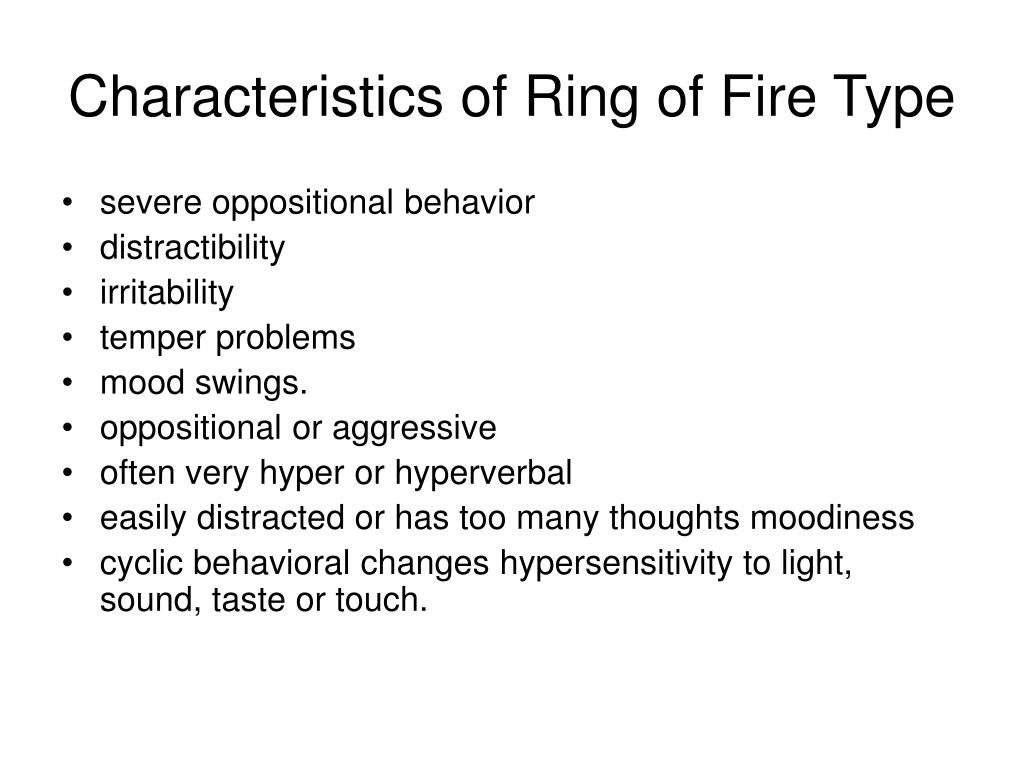 You may need to adjust your lifestyle to get back to feeling normal if you experience occasional mood shifts in mood.
You may need to adjust your lifestyle to get back to feeling normal if you experience occasional mood shifts in mood.
You should take mood changes that alter your behavior and negatively impact your life or those around you seriously. Contact your doctor if you feel that severe shifts in mood have taken over your daily life or if you’ve been feeling out of sorts for an extended period of time. These could be symptoms of a health condition.
Mood swings
I confirm More
- INVITRO
- Library
- Symptoms
- Mood swings
Menopause
Climax
1575 25-th of August
IMPORTANT!
The information in this section should not be used for self-diagnosis or self-treatment. In case of pain or other exacerbation of the disease, only the attending physician should prescribe diagnostic tests. For diagnosis and proper treatment, you should contact your doctor.
In case of pain or other exacerbation of the disease, only the attending physician should prescribe diagnostic tests. For diagnosis and proper treatment, you should contact your doctor.
Mood is usually called a stable emotional state of a person, which determines his perception of reality.
A stable positive attitude is the basis for health, and frequent mood swings disrupt not only the mental, but also the physiological activity of a person.
Human emotions are diverse, and their occurrence is regulated by several hormones:
- serotonin, or the hormone of pleasure, is responsible for a good mood, increases optimism and revives hope;
- dopamine, or the hormone of motivation and joy, contributes to the feeling of pleasure;
- adrenaline, a stress hormone, causes rage, anger, tension and fear;
- endorphins - hormones of joy and euphoria;
- Phenylethylamine is responsible for falling in love and romantic experiences;
- for confidence in victory - testosterone;
- Oxytocin, the hormone of trust and tenderness, which plays an important role during pregnancy, childbirth and breastfeeding, causes tender attachment to relatives in the human heart.
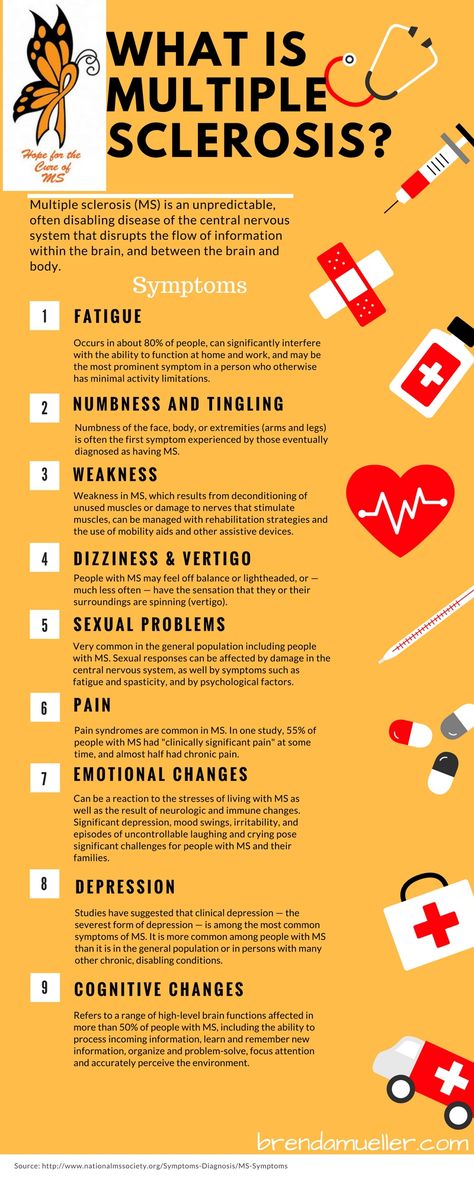
The production and metabolism of hormones entail a chain of complex sequential reactions that enable a person to make certain decisions. A number of hormones have a serious impact on the functioning of the brain.
Any failure in the “hormone-brain” circuit can lead to uncontrolled mood swings and cause unmotivated behavior.
Possible causes
Abrupt and unreasonable mood swings can be caused by physiological and pathological factors.
Physiological causes. If we consider hormonal fluctuations as the causes of mood swings, then a person is exposed to them throughout life: during growth, maturation, in the reproductive and post-reproductive periods. These are physiological cycles of development, and the body independently copes with hormonal changes.
The first period of powerful hormonal adjustment becomes adolescence . At this moment, the production of sex hormones increases sharply, which can cause unjustified aggression in boys, a desire to lead and prove the right to their own opinion. In girls, the production of estrogens, which affect mood swings, occurs cyclically and may be associated with the irregularity of menstruation during puberty. Psychological factors affecting the mood of adolescents are associated with difficulties in adequately perceiving one's body: a changed figure can cause irritation, despondency, and shame. This reaction is typical for girls. A change in testosterone levels in adolescents of both sexes contributes to the development of an unmotivated sense of protest, increased demands on others, emotional overexcitation, and reduced criticism of one's own actions.
In girls, the production of estrogens, which affect mood swings, occurs cyclically and may be associated with the irregularity of menstruation during puberty. Psychological factors affecting the mood of adolescents are associated with difficulties in adequately perceiving one's body: a changed figure can cause irritation, despondency, and shame. This reaction is typical for girls. A change in testosterone levels in adolescents of both sexes contributes to the development of an unmotivated sense of protest, increased demands on others, emotional overexcitation, and reduced criticism of one's own actions.
It is very important during this period not to miss the signs of latent depression, which is difficult to diagnose because of the variety of its forms and symptoms.
When diagnosing depressive conditions, somatic symptoms come to the fore, that is, complaints about a state of health disorder, problems in the gastrointestinal tract, cardiovascular system, as well as a sharp change in mood.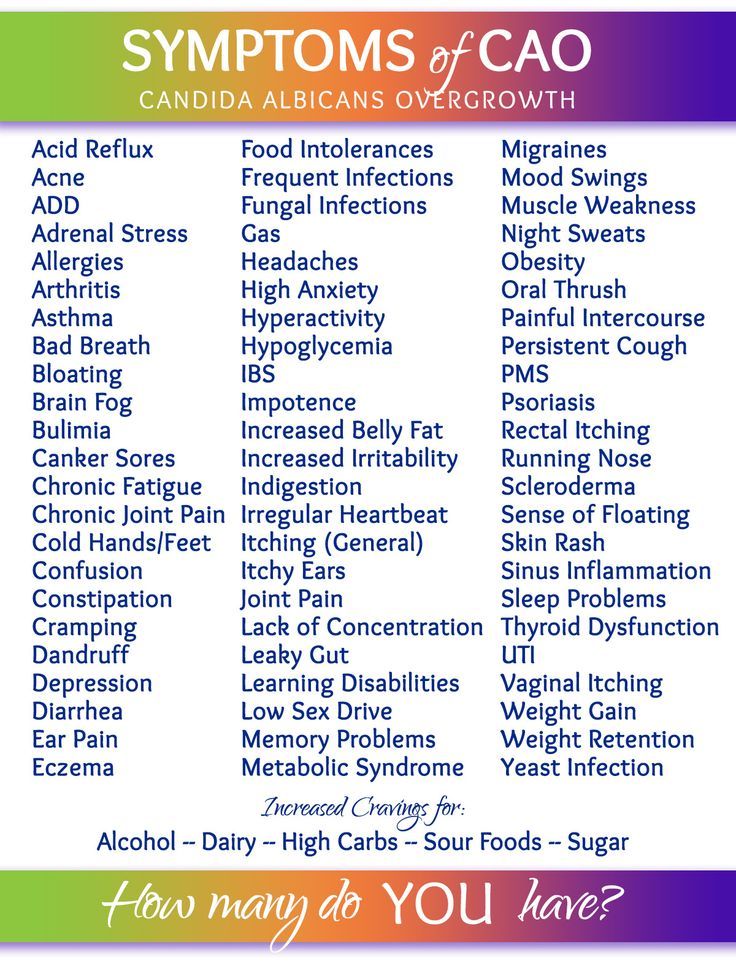 Sometimes mood swings get out of control and cause an emotional overreaction.
Sometimes mood swings get out of control and cause an emotional overreaction.
After a regular menstrual cycle is established, monthly hormonal fluctuations can cause premenstrual syndrome , which is manifested by a deterioration in well-being and a sharp change in mood.
A pronounced premenstrual syndrome negatively affects the daily activity of a woman, causes physical and emotional problems, and reduces the quality of life.
The main manifestations of premenstrual syndrome include fluid retention in the body and swelling due to increased levels of prolactin, mood swings, irritability, tearfulness, and fatigue due to impaired serotonin metabolism. Increased production of prostaglandins leads to headache, swelling and swelling of the mammary glands.
During pregnancy , especially in the first trimester, a woman's mood and health are directly dependent on hormonal balance. During this period, the main complaints are irritability, resentment, and sudden mood swings.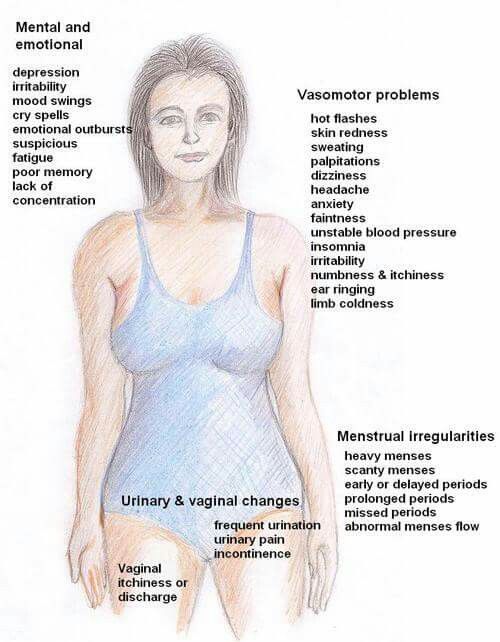 After the fourth month of pregnancy, the woman's emotional background stabilizes.
After the fourth month of pregnancy, the woman's emotional background stabilizes.
Big troubles are brought by postpartum depression , which can be accompanied not only by a depressed emotional state, but also by suicidal attacks.
If mood swings disturbed a woman in the first trimester of pregnancy, the likelihood of postpartum depression increases significantly.
Menopausal syndrome is another emotional period in a woman's life when mood can be determined by changes in hormonal levels. Vegetovascular manifestations (hot flashes, sweating, blood pressure surges) may be associated with endocrine diseases (metabolic syndrome, thyroid disease) and emotional and mental disorders (mood swings, tearfulness, irritability, fatigue).
In men, age-related hormonal changes can also be accompanied by emotional instability: they become more irritable and aggressive. Mood swings in men tend to be less pronounced.
Pathological causes .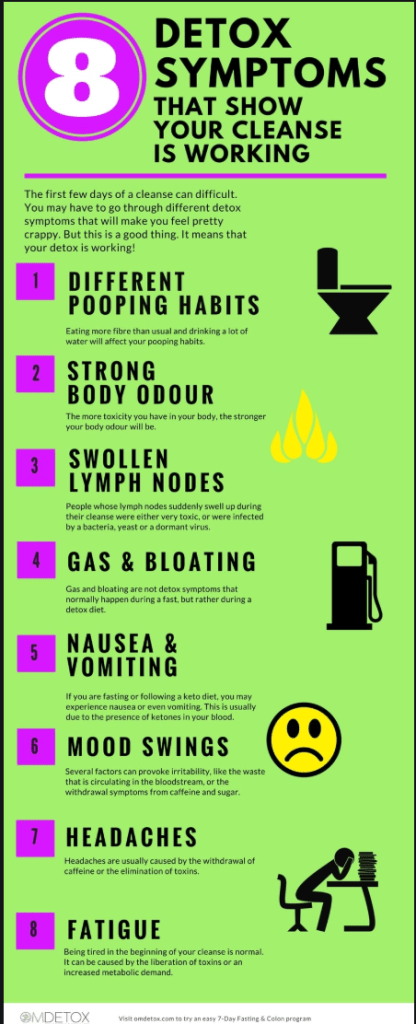 A hormonal imbalance that causes sudden mood swings can occur with thyroid diseases , most often with thyrotoxicosis. In this case, an excess of the hormones thyroxine and triiodothyronine (T4 and T3) leads to malfunctions in the body. Diseases that cause increased production of thyroid hormones include diffuse toxic goiter, multinodular toxic goiter, etc. The instability of the emotional background in thyroid pathologies is accompanied by symptoms of cardiovascular diseases (arrhythmias, increased blood pressure), pathologies of the musculoskeletal system (muscle atrophy , osteoporosis), impaired functioning of the nervous system.
A hormonal imbalance that causes sudden mood swings can occur with thyroid diseases , most often with thyrotoxicosis. In this case, an excess of the hormones thyroxine and triiodothyronine (T4 and T3) leads to malfunctions in the body. Diseases that cause increased production of thyroid hormones include diffuse toxic goiter, multinodular toxic goiter, etc. The instability of the emotional background in thyroid pathologies is accompanied by symptoms of cardiovascular diseases (arrhythmias, increased blood pressure), pathologies of the musculoskeletal system (muscle atrophy , osteoporosis), impaired functioning of the nervous system.
Along with increased excitability and anxiety, patients with hyperthyroidism complain of emotional instability, rapid mood swings, irritability, and tearfulness.
Sleep disorders can be both a cause and a consequence of a sudden change in mood and psychological instability.
Mental disorders are often accompanied by emotional instability.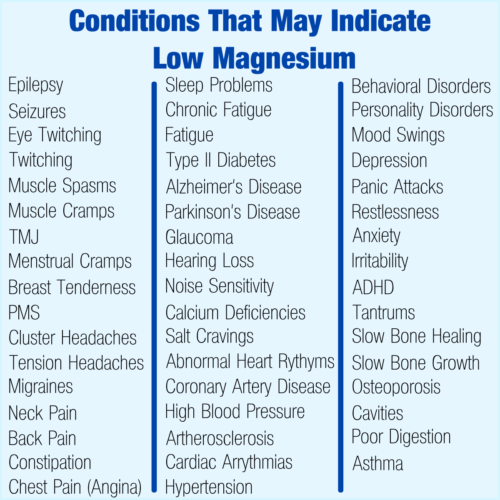 A prime example is Bipolar Affective Disorder .
A prime example is Bipolar Affective Disorder .
Bipolar disorder is characterized by a sudden change in mood, from intense arousal to depression.
The causes of this disease are not fully understood, but experts prefer the genetic theory. With age, the mental disorder worsens, the duration of periods of depression increases.
Unmotivated mood swings can be observed in persons suffering from psychopathy (most often hysterical), and in people with borderline personality disorder . In these cases, a sharp change in mood is accompanied by other signs of altered behavior (theatricality, a tendency to lie, exaggeration).
Drug dependence on hormones and psychoactive substances taken is another cause of severe mood swings.
With the regular use of alcohol and drugs, the joy and excitement after their use is suddenly replaced by depression or anger.
An unmotivated change in mood can be observed with hormonal therapy for oncological diseases and .
Which doctors to contact
Mood swings due to physiological causes do not require medical intervention. If depression persists or is accompanied by other symptoms, you should first consult with the therapist who will determine the plan for the diagnostic search.
If the cause of emotional instability is related to hormonal changes in the female body, consultation is recommended gynecologist-endocrinologist, and if a man experiences these symptoms - urologist-andrologist. If thyroid disease is suspected, visit endocrinologist. If the patient's hormonal background is not disturbed, consultation is necessary neurologist or psychoneurologist.
Diagnosis and examination
Finding the cause of extreme mood swings is quite difficult. With the cyclical repetition of episodes of emotional instability and their coincidence with the onset of menstruation or menopause, the diagnosis can be made on the basis of the results of tests for sex hormones: estradiol, progesterone, luteinizing hormone, follicle-stimulating hormone, anti-Mullerian hormone.
Estradiol (E2, Estradiol)
Synonyms: Blood test for estradiol. 17-beta-estradiol. Brief description of the analyte Estradiol Estradiol is a steroid hormone with maximum estr...
Up to 1 business day
Available with home visit
715 RUB
Add to cart
Progesterone
Synonyms: Progestin; Gestagen. P4; Pregn-4-ene-3,20-dione. Brief description of the analyte Progesterone Progesterone is produced in the ovaries and in a small...
Up to 1 business day
Available with home visit
705 RUB
Add to cart
Luteinizing Hormone (LH)
Synonyms: Glycoprotein gonadotropic hormone; luteotropin; Lutropin.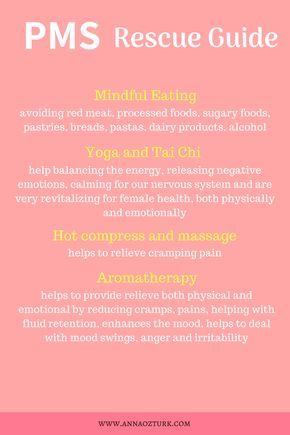 luteinizing hormone; LH; Lutropin; Interstitial cell stimulating hormone; ICSH. Brief characteristic determined ...
luteinizing hormone; LH; Lutropin; Interstitial cell stimulating hormone; ICSH. Brief characteristic determined ...
Up to 1 business day
Available with house call
715 RUB
Add to cart
Follicle Stimulating Hormone (FSH)
Synonyms: Blood test for FSH; Follitropin. Follicle-Stimulating Hormone; follitropin; FSH. Brief description of the analyte Follicle-stimulating hormone ...
Up to 1 business day
Available with home visit
715 RUB
Add to cart
Anti-Mullerian Hormone (AMH, Mullerian Inhibiting Substance, MIS)
Synonyms: Blood test for AMH; Mueller inhibitor. Anti-Müllerian hormone; AMH; Müllerian inhibiting factor; MIF; Müllerian-inhibiting hormone; M.I.H.; Müllerian-inhibiting substance; MIS. Short...
Anti-Müllerian hormone; AMH; Müllerian inhibiting factor; MIF; Müllerian-inhibiting hormone; M.I.H.; Müllerian-inhibiting substance; MIS. Short...
Up to 3 working days
Available with home visit
RUB 1,670
Add to cart
With the appearance of emotional instability, which is accompanied by arrhythmia, trembling fingers, sweating, tests for thyroid hormones (T3, T4, TSH) and antibodies to thyroglobulin (AT-TG) are necessary.
Free Triiodthyronine (Free T3, Free Triiodthyronine, FT3)
Synonyms: Free triiodothyronine. Free T3. Brief description of the test substance Triiodothyronine free Free triiodothyronine (T3free) belongs to the thyroid . ..
..
Up to 1 business day
Available with home visit
RUB 685
Add to cart
Free thyroxine (T4 free, Free Thyroxine, FT4)
Free thyroxine, not bound to plasma transport proteins. Synonyms: Blood test for free thyroxine. Free T4; Free Form of Thyroxin. Short description ...
Up to 1 business day
Available with home visit
665 RUB
Add to cart
Thyroid Stimulating Hormone (TSH)
A pituitary hormone that regulates thyroid function. One of the most important tests in the laboratory diagnosis of thyroid diseases. Synonym...
One of the most important tests in the laboratory diagnosis of thyroid diseases. Synonym...
Up to 1 business day
Available with house call
620 RUB
Add to cart
Thyroglobulin Antibodies (AT-TG, Anti-Thyroglobulin Autoantibodies, Thyroglobulin Antibodies)
Synonyms: Blood test for AT-TG; Antibodies to TG; ATTG; AntiTG; Anti-TG. Tg Autoantibody; TgAb; Anti-Tg Ab; ATG. Brief description of the study "Antibodies to thyroglobulin&raq...
Up to 1 business day
Available with home visit
790 RUB
Add to cart
Diagnosis of mental disorders is complex and is based not so much on laboratory tests as on behavioral characteristics and symptoms of the disease. If you suspect the abuse of narcotic and psychotropic substances, you can ask the patient to take a urine test for toxic substances - a set of studies "Bad Habits".
If you suspect the abuse of narcotic and psychotropic substances, you can ask the patient to take a urine test for toxic substances - a set of studies "Bad Habits".
"Bad habits" (Urine test for nicotine, psychotropic and narcotic substances, psychoactive drugs)
Synonyms: Comprehensive urine analysis "Bad habits"; comprehensive urinalysis for nicotine, psychotropic and narcotic substances, psychoactive drugs...
Up to 4 working days
Available with home visit
3 920 RUB
Add to cart
When pregnancy occurs, a study of chorionic gonadotropin, a specific hormone of pregnancy, is recommended; Ultrasound study.
Human chorionic gonadotropin (hCG, beta-hCG, b-hCG, Human Chorionic)
Synonyms: Beta-hCG generic. Human Chorionic Gonadotropin; hCG; Pregnancy Quantitative hCG; Beta hCG; Total beta hCG. Brief description of the analyte Human chorionic gonadotropin ...
Human Chorionic Gonadotropin; hCG; Pregnancy Quantitative hCG; Beta hCG; Total beta hCG. Brief description of the analyte Human chorionic gonadotropin ...
Up to 1 business day
Available with home visit
RUB 685
Add to cart
Ultrasound diagnosis of pregnancy
Examination to confirm pregnancy and determine the place of attachment of the ovum (to exclude ectopic pregnancy).
RUB 2,290 Sign up
Treatment
You can cope with mood swings only after finding out their causes, consulting with specialists and treating the underlying disease.
What to do
Mood swings observed in adolescents require daily attention and patience from relatives. If a feeling of depression, sleep disturbance, tearfulness are combined with somatic ailments (headache, pain in the abdomen, muscles) and a desire to isolate oneself from the outside world, one should definitely consult a child with a psychoneurologist.
To improve your mood, you should lead an active and healthy lifestyle.
You need a proper diet, regular exercise and adequate sleep. Attention to your mood is a simple rule of taking care of your own health.
Sources:
- A.V. Vasilieva, T.B. Morgunova, Yu.P. Thyrotoxicosis after childbirth: difficulties in differential diagnosis. Medical business. 2020;1:97-100. DOI: 10.24411/2071-5315-2020-12200
- Menopausal hormone therapy and maintaining the health of women of mature age. Clinical guidelines (Protocols). Ministry of Health of the Russian Federation.
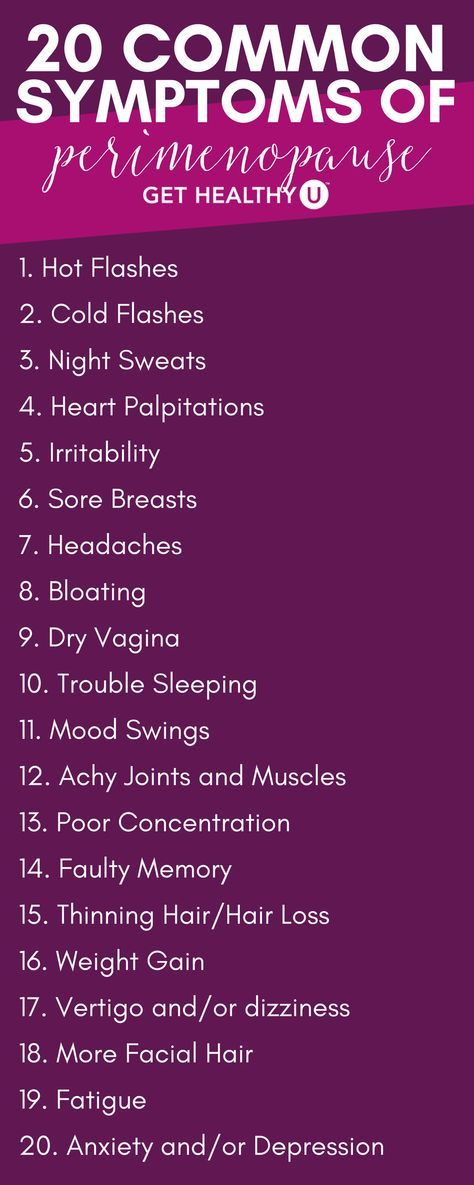 2014.
2014. - Clinical guidelines "Depressive episode, recurrent depressive disorder". Developed by: Russian Society of Psychiatrists. – 2021.
- Tokareva D.V., Dikareva E.S., Zakirova I.I. Psychiatric disorders developing against the background of neurosurgical diseases. Bulletin of Medical Internet Conferences (ISSN 2224-6150). 2019;9(5).
IMPORTANT!
The information in this section should not be used for self-diagnosis or self-treatment. In case of pain or other exacerbation of the disease, only the attending physician should prescribe diagnostic tests. For diagnosis and proper treatment, you should contact your doctor.
Recommendations
-
Gastrointestinal bleeding
463 29September
-
Intestinal colic
4350 28 September
-
Exanthema
4360 12-th of September
Show more
Diabetes mellitus
Menopause
Climax
Thrush
Cystitis
Pyelonephritis
Frequent urination
Frequent urination: causes, conditions, diagnosis and treatment.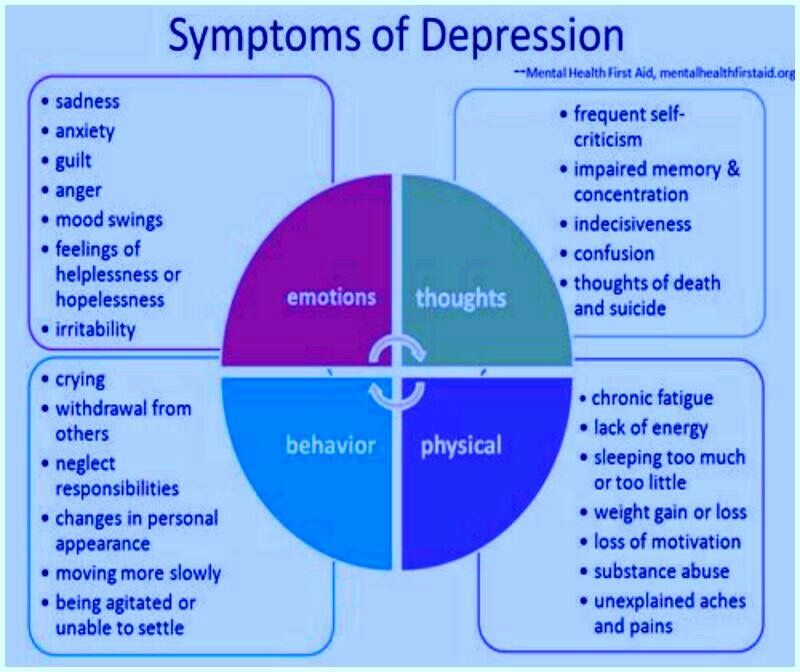
More
Menopause
Climax
Diabetes mellitus
Thyrotoxicosis
"Widow's hump" or "withers"
"Widow's hump": causes, in what diseases it occurs, diagnosis and methods of treatment.
More
Thyrotoxicosis
Menopause
Climax
Syphilis
HIV
Hair loss
Hair loss: causes, diseases, diagnosis and treatment.
More
Climax
Menopause
Diabetes mellitus
Iron deficiency
Cold
Angina
Gastritis
Pancreatitis
Pyelonephritis
Chills
Chills: causes of occurrence, in what diseases it occurs, diagnosis and methods of treatment.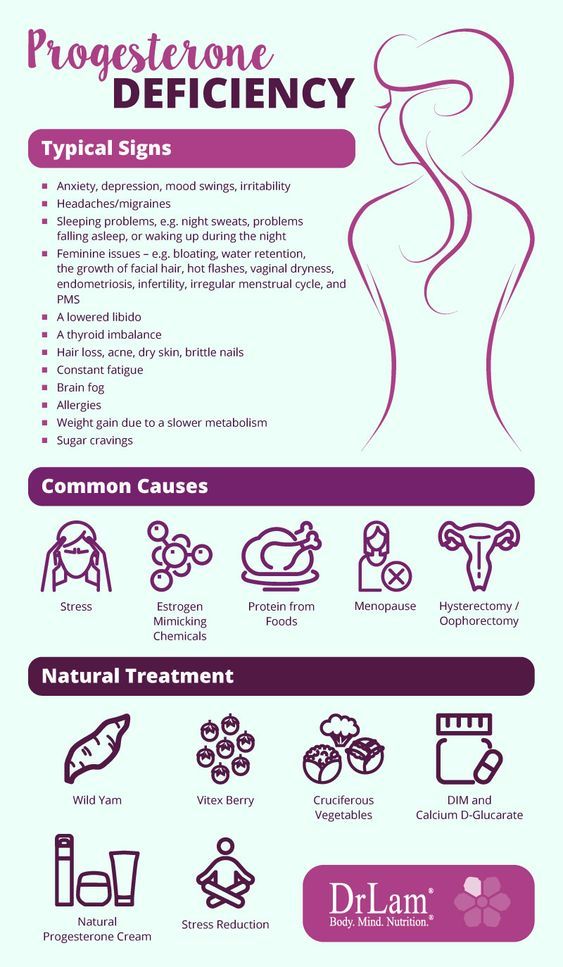
More
Diabetes mellitus
Human papillomavirus (HPV)
Fungus
Menopause
Climax
Thickening of the skin, or hyperkeratosis
Thickening of the skin: causes, in which diseases it occurs, diagnosis and methods of treatment.
More
Nothing found
Try changing your query or select a doctor or service from the list.
Doctor not found
Try changing your query or select doctor from list
Medical office not found
Try changing your query or select medical office from the list
Therapist Traumatologist-orthopedist Endocrinologist Urologist Gynecologist Ultrasound doctor Cardiologist Pediatrician
Nothing found
Please try editing your query
Thank you!
You have successfully made an appointment
Detailed information has been sent to your e-mail
Subscribe to our newsletters
Enter e-mail
I consent to processing of personal data
Subscribe
reasons and what to do when treatment is needed
Men make up legends and tell each other jokes about mood swings in women.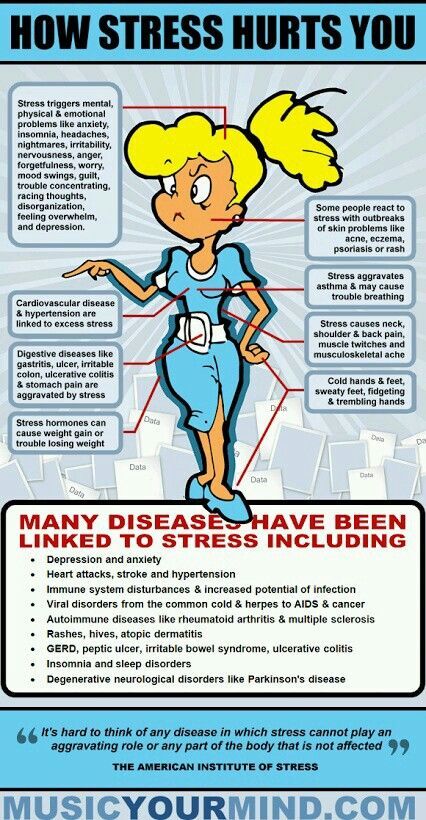 But in some cases, these are not just whims - everything can be much more serious. Frequent outbursts of anger or emotional swings can be symptoms of illness. Let's try to understand the issue from a medical point of view.
But in some cases, these are not just whims - everything can be much more serious. Frequent outbursts of anger or emotional swings can be symptoms of illness. Let's try to understand the issue from a medical point of view.
Website editor
Tags:
Women Health
emotions
How to cheer up
It is not uncommon to hear and read complaints from friends or people you barely know online. Like, a lot of money and time was spent on communicating with psychologists, but in vain. It was not possible to get rid of depression, just as irritability and anxiety did not disappear.
Sudden mood swings "strain" not only the woman herself, but also the people around her. In fact, sometimes emotions are literally caused by illness. In this case, it is important to contact a therapist, surgeon or endocrinologist in a timely manner.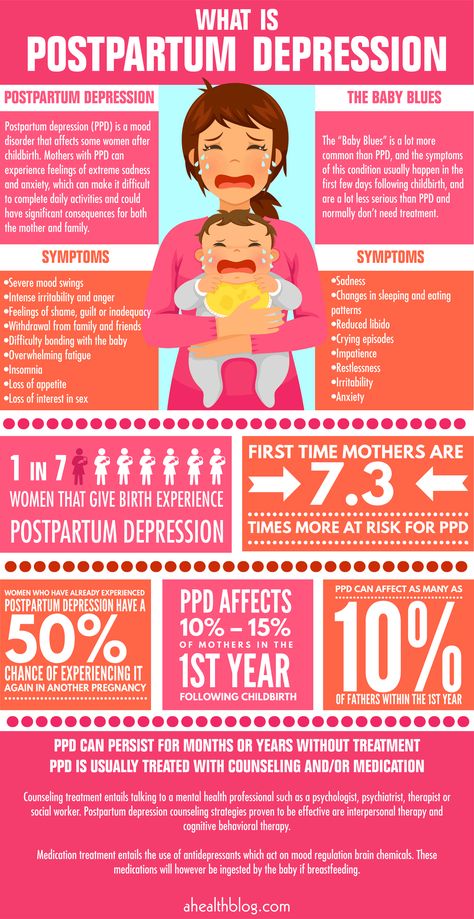
What causes mood swings
Any emotion, including frequent mood swings, is the result of neurophysiological processes in the brain. But we must remember that experience changes the level of brain activity, controls the endocrine, circulatory and respiratory systems. That is, it is impossible to say unequivocally whether sensory reactions cause physiological changes in the body or are themselves the result of these changes.
Neurologist Sef Kabirsky explains: “Emotions trigger a response in the brain through complex hormonal response pathways. And accordingly, our body reacts physically. For example, fear makes the heart beat faster. Few people have thought about this, but there is also an inverse relationship that affects strong mood swings. Simply put, an increased heartbeat is quite capable of causing a feeling of fear.
Thus, a logical conclusion suggests itself. If physiological changes occur (failure in the hormonal system, problems with metabolism), then they can also cause disturbances in the emotional sphere, become a reason for mood swings in girls and the appearance of unpleasant emotions.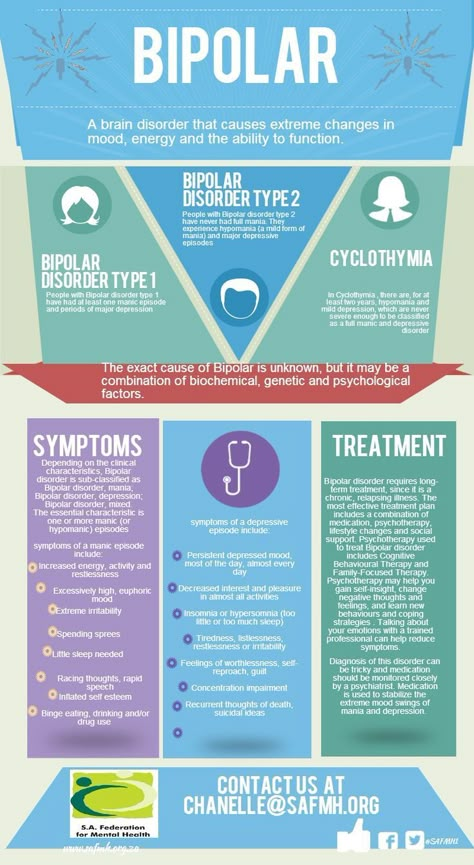 But how often do we build such a chain of thought? With constant obsessive thoughts and feelings, at best, we turn to a psychologist. At worst, we start drinking self-prescribed sedatives.
But how often do we build such a chain of thought? With constant obsessive thoughts and feelings, at best, we turn to a psychologist. At worst, we start drinking self-prescribed sedatives.
Physiological causes of mood swings
It is difficult to imagine a person who will be disturbed by a constant feeling of joy or happiness. We are more likely to pay attention to manifestations of anger, irritation, sadness, attacks of fear and constant mood swings. The experience of these emotions is quite unpleasant, because they are usually characterized as negative. And even more frightening is the fact that they appeared as if from scratch, without objective reasons.
Thyroid
Mood swings are most often attributed to thyroid dysfunction. “Hormones have a significant effect on metabolism. Due to the increased production of hormones, all reactions in the body become more intense.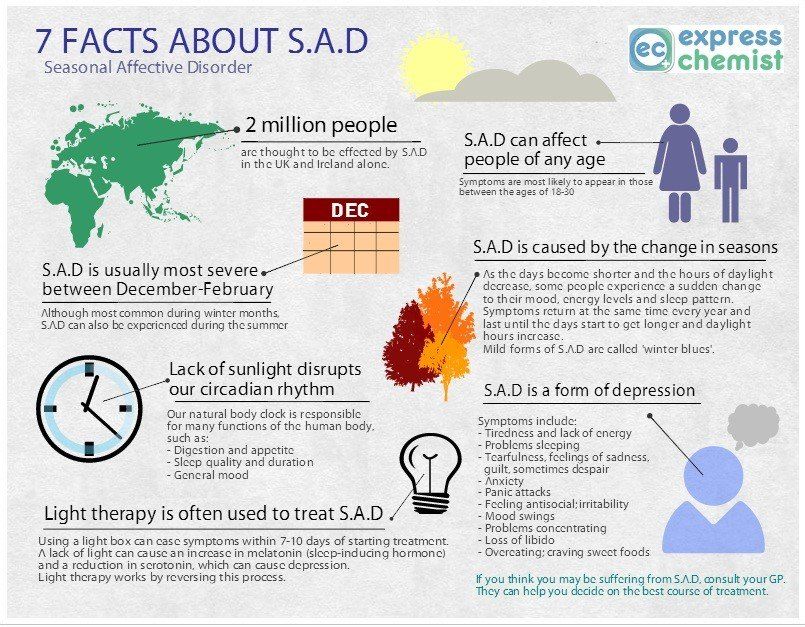 As a consequence, the person becomes irritable,” explains Sef Kabirsky.
As a consequence, the person becomes irritable,” explains Sef Kabirsky.
The troubles of life, which you would not have paid attention to before, are now annoying. And more serious problems can cause tears and even tantrums. In some cases, mood swings lead to aggression and even rage. And vice versa: if the intensity of hormone production decreases, the metabolism slows down. Then the person begins to respond to external stimuli with a delay, becomes lethargic, dull, sad, apathetic. In other words, he begins to believe that he has depression.
What to do
The thyroid gland produces hormones that affect all cells and tissues of the body. As studies show, if a failure in her work is expressed only by a sharp change in mood, this is not the worst thing. An endocrinologist will tell you what to do if you are haunted by mood swings, sweating, insomnia, thirst, weight jumps, and so on. You will have to donate blood for hormones and undergo a course of treatment.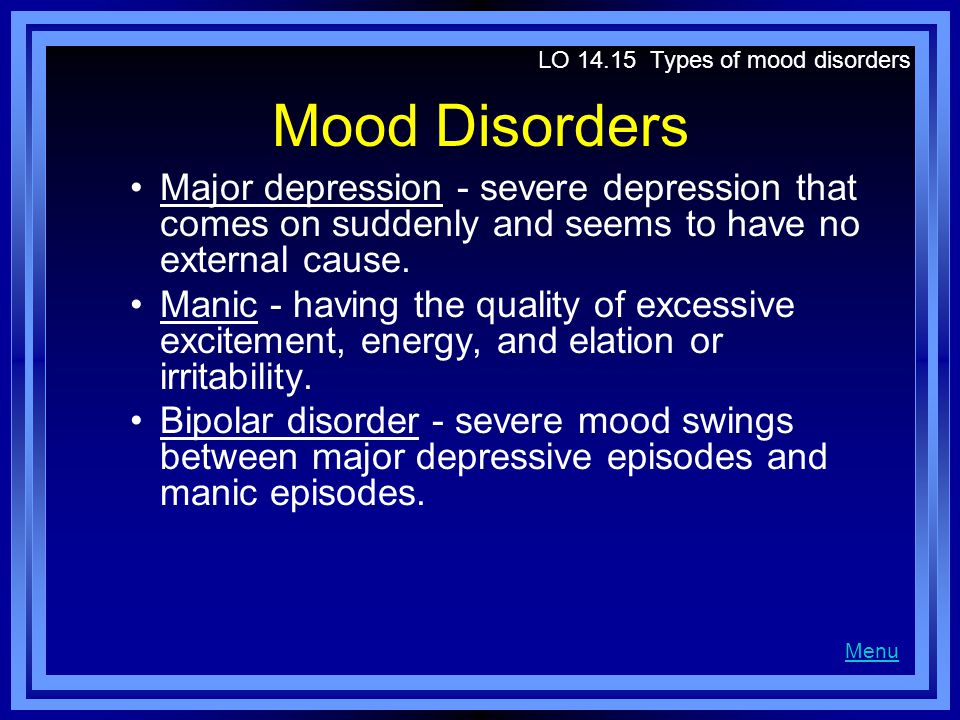
Liver and gallbladder
Diseases of the liver and gallbladder also cause mood swings in women. “A spasm of the biliary tract in the liver leads to an increase in the production of norepinephrine, the “hormone of anger,” explains the neurologist. Note that these changes in behavior are usually short-lived. A person quickly starts up, but just as quickly cools down after another outbreak.
What to do
Any disease of the internal organs deserves a trip to the specialists. Based on the results of general tests, ultrasound and other diagnostic methods, the doctor will prescribe the appropriate treatment.
Menopause
A new stage in a woman's life can pass quickly and painlessly, or maybe with physical and psychological problems. Many wonder why mood swings are observed during this period. But research explains everything. This is due to hormonal changes that lead to fluctuations in estrogen levels. As a result, during the day the woman manages to cry and laugh. The production of serotonin drops, and it is precisely responsible for good health. Add to this symptoms such as sweating, frequent need to go to the toilet, and the approach of advanced age will cause complete disappointment.
This is due to hormonal changes that lead to fluctuations in estrogen levels. As a result, during the day the woman manages to cry and laugh. The production of serotonin drops, and it is precisely responsible for good health. Add to this symptoms such as sweating, frequent need to go to the toilet, and the approach of advanced age will cause complete disappointment.
What to do? Like a massage, do yoga, take pine baths. In some cases, antidepressants can help, which should also be recommended by a doctor.
Pregnancy
The hormonal upheaval that occurs in a woman's body will explain the mood swings during pregnancy. Emotional imbalance provokes many questions related to the birth of a child and a huge responsibility. The tendency to dramatization is due not only to the fact that life is divided into "before" and "after" the appearance of the baby. But the body of the expectant mother is also changing, hormones are being rearranged, she feels vulnerable.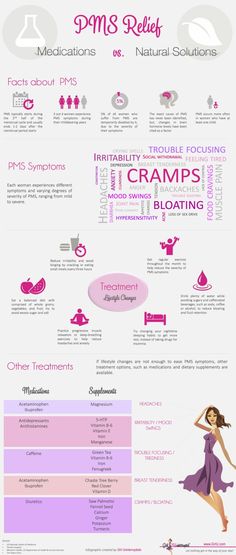
Sometimes doctors associate such an exciting period with puberty. Approximately the same mood swings can be observed in adolescents. It is similar to the transition from childhood to adulthood, when the body changes in leaps and bounds, it is not possible to become an adult and formed overnight. And all this clumsiness drives yesterday's children crazy.
What to do
Future fathers, of course, need to be patient and try to be more attentive to their soul mate than ever. It is important for women to share their fears and doubts in order to feel supported. Sometimes a rational male look is enough to gain confidence.
Mood swings due to psychiatric disorders
It is important to distinguish where the boundary of normal mood changes is. If there was a serious trouble at work or a painful separation from a loved one, sadness is natural.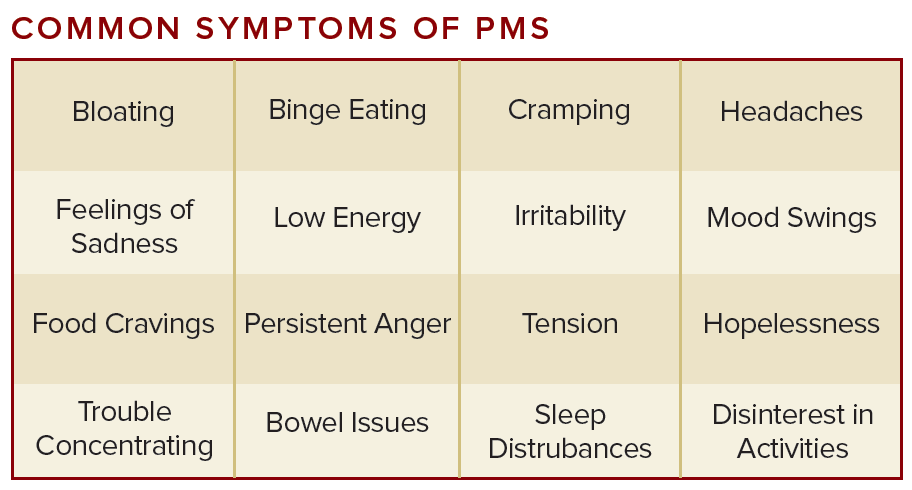 Still, the balance is gradually restored, and you begin to enjoy life. Mental disorders lead to mood swings of a different kind. When for a long time (over two weeks) there is no desire and strength to do something, this is already an occasion to think about the problem that has arisen.
Still, the balance is gradually restored, and you begin to enjoy life. Mental disorders lead to mood swings of a different kind. When for a long time (over two weeks) there is no desire and strength to do something, this is already an occasion to think about the problem that has arisen.
Depression
Refers to affective disorders - mental illness, manifested in pathological mood swings in men and women. Emotions no longer perform the function of evaluating reality. For example, a person in line at a supermarket just looked at you, and it already seems to you that he knows you and is plotting evil. Genetics plays a large role in the occurrence of the disease, as well as social conditions and triggers.
Inadequate reactions to surrounding people and circumstances make life unbearable and make it impossible to work normally. So, an uncontrolled feeling of fear can provoke problems with the cardiovascular system. Increased blood pressure, heart palpitations cause the production of adrenaline, the hormone responsible for fear. You feel it. Mood swings associated with depression should be treated with the help of a doctor.
Increased blood pressure, heart palpitations cause the production of adrenaline, the hormone responsible for fear. You feel it. Mood swings associated with depression should be treated with the help of a doctor.
Dysthymia
The disease is similar to depression, only it is less severe and more protracted. It is expressed in mood swings in an adult, which lasts at least two years, and in a child and adolescent for at least a year. This is not about jumps from a cheerful mood to a sad one, but from a bad mood to a disgusting one. In these cases, those suffering from this disorder perceive their condition as part of their character, because the diagnosis is not established immediately. Depression becomes chronic, life just isn't nice.
Bipolar disorder
Severe psychosis, often accompanied by delusions and hallucinations, already makes a person a danger to himself and to society.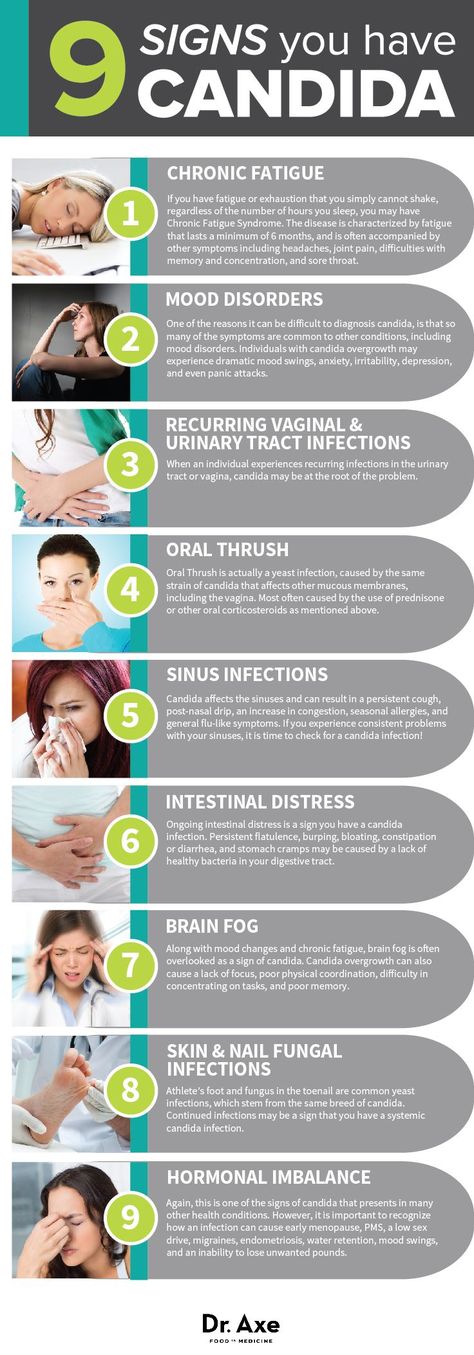 Once a person has such mood swings, it is already called bipolar disorder. He is no longer just dissatisfied, but ceases to control his actions. He develops suicidal tendencies and mania.
Once a person has such mood swings, it is already called bipolar disorder. He is no longer just dissatisfied, but ceases to control his actions. He develops suicidal tendencies and mania.
What to do
Mode and psychological comfort are important in the life of any person. And if someone is characterized by mood swings, bipolar disorder has already been encountered in the family, you need to especially carefully approach these moments. Scientists have proven that, first of all, it is necessary to avoid stress, sleep well, distribute rest and load. It is better to stop using alcohol and psychoactive substances. Just don't self-medicate! It is advisable to consult with a psychotherapist or psychiatrist.
Separate mood swings and whims
In order not to treat liver or endocrine diseases with the help of psychoanalysis, and depression with surgical intervention, it is worth understanding what's what.
Psychiatrist, candidate of medical sciences Vlada Titova explains why psychologists cannot be reproached for negligence and unprofessionalism: “A psychologist cannot recognize the symptoms of endocrine or other disorders, focusing only on mood swings, simply because this is not within his competence. Just like endocrinologists are not taught to treat caries, and gynecologists are not taught to save clients from depression. Moreover, without the consent of a doctor, a psychologist does not have the right to make a diagnosis of a mental disorder. After all, he is a psychologist, not a psychiatrist.”
It often happens that even an experienced psychotherapist or psychiatrist does not immediately recognize the symptoms of diseases associated with sudden mood swings. Because they successfully disguise themselves as emotional or even mental disorders. Of course, there are other signs by which the disease is diagnosed. But often they fade into the background, becoming invisible to the person himself.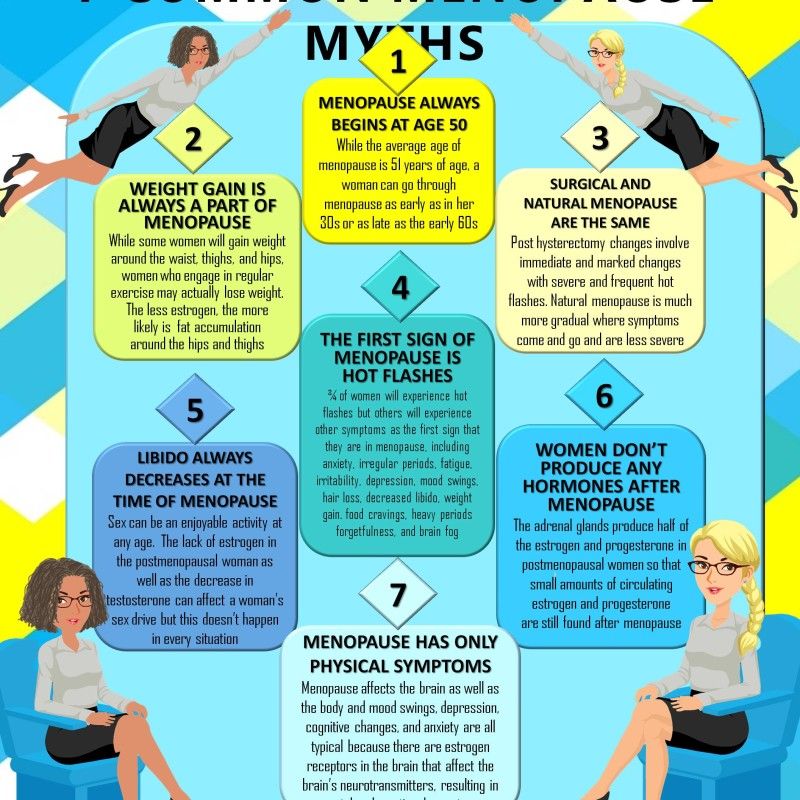 In the initial stages of diseases, there may simply be no other symptoms other than emotions.
In the initial stages of diseases, there may simply be no other symptoms other than emotions.
It is clear that remembering all the signs of physiological diseases that can cause changes in the psychological state is simply impossible. And if, with every mood swing, you look for similar ones in a medical encyclopedia, it’s not far from hypochondria. You need to assess the state of your body as a whole, without separating psychology and physiology.
Recall when you first noticed any emotional changes in your behavior and why mood swings may have occurred. Now think: how has your body changed during this time? Even minor signs, such as dry skin (not typical of you before and not associated with the cold season), can be the key to unraveling what is really happening to you and how to treat it.
It is important to remember that psychological problems arise due to some external circumstances. Yes, these circumstances may be implicit, or a person suppresses memories of them in himself, but most often he at least guesses about their existence.